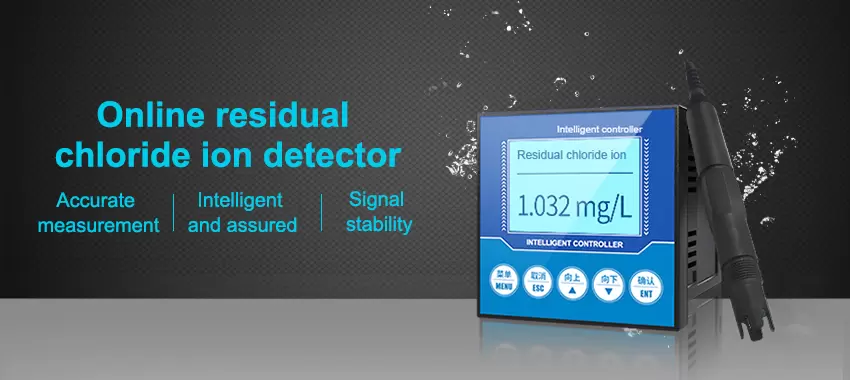Residual chlorine sensor is a crucial component in water treatment, and its function is to ensure the safety of drinking water. Residual chlorine is a byproduct of disinfection that cannot be completely removed during the treatment process. Therefore, a residual chlorine sensor can be used to detect the presence of residual chlorine and to ensure the water quality is safe. In this article, we will discuss the key advantages of a residual chlorine sensor.
The key advantages of a residual chlorine sensor
- Precision
A residual chlorine sensor can accurately detect the amount of residual chlorine in the water. The precision of the sensor depends on many factors, including the accuracy of the instrument used, the accuracy of the calibration method, and the stability of the sensor itself. However, in general, a residual chlorine sensor with a high degree of accuracy and stability is able to provide a more accurate reading.

- Versatility
A residual chlorine sensors is able to detect various types of disinfection by-products, including chlorine, bromine, and iodine. This versatility allows the system operator to customize the treatment method to achieve optimal results. The use of a broad range of reagents for the sensor calibration also increases the accuracy of the sensor.
- Reliability
A residual chlorine sensor is designed to operate reliably over a wide range of environmental conditions, such as temperature, pressure, and humidity. The stability of the sensor material and the manufacturing process also contribute to the long-term reliability of the sensor. In general, a residual chlorine sensor with a high degree of stability and reliability is able to provide a more reliable reading.
- Minimal maintenance
A residual chlorine sensors requires very little maintenance, and this results in lower system maintenance costs. The low maintenance requirements also minimize the possibility of error and provide more reliable operation.
- Cost-effectiveness
Finally, a residual chlorine sensor is cost-effective. The system operator can save on maintenance and operating costs by using a residual chlorine sensor. The low cost of the sensor also allows for the implementation of the system on a larger scale, resulting in greater economic benefits.
In conclusion, a residual chlorine sensor has many key advantages that make it a crucial component in water treatment. The precision, versatility, reliability, minimal maintenance, and cost-effectiveness of a residual chlorine sensor are all important factors in ensuring the safety of drinking water. The use of a broad range of reagents for the sensor calibration also increases the accuracy of the sensor. Ultimately, a residual chlorine sensor is a critical component in achieving the goal of safe, reliable, and sustainable water treatment.